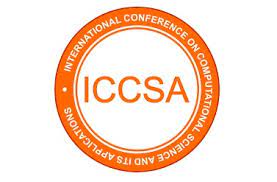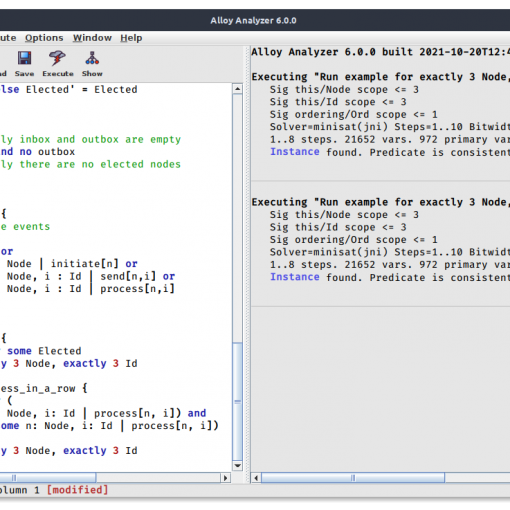The School of Engineering at the University of Minho (EEUM) has created a programme of suborbital launchers to develop and test systems that climb to an altitude of up to 100 kilometres at the edge of the Earth’s atmosphere.
In a statement, UMinho said that the project hopes to launch new scientific and technological solutions, train ‘highly qualified’ engineers and strengthen research and the national economy in the aerospace area.
At issue is the North programme, which involves a partnership between EEUM, the Portuguese Air Force and the aerospace company Omnidea.
The programme will take place at the UMinho School of Engineering, in particular in the aerospace engineering building at the Arquinho Factory in Guimarães, and also at the Alto Minho – Cerval airstrip in Vila Nova de Cerveira and Valença, with the installation of the test and launch centre.
The initiative has the motto ‘North – the direction in which the compass needle normally points’, alluding to the role of Northern Portugal in the sector.
The project will be implemented with the active participation of students, researchers and professors from EEUM and the Air Force Academy. ‘The programme involves hybrid propulsion technology under development at UMinho and aims to build launchers with innovative features in terms of hybrid propulsion, low-cost lightweight reusable structures and precise trajectory navigation,’ the statement said. It adds that the launchers should evolve from simple (single-stage) systems to supersonic and later multi-stage systems, in which part of the device is discarded in flight, allowing for a more efficient ascent curve.
‘These space vehicles are designed to reach altitudes at the limits of the Earth’s atmosphere, but without going into orbit around the planet. They follow a ballistic trajectory, rising to a maximum point, before returning to earth due to gravity,’ the press release explains.
The North programme will also support the participation of UMinho’s Aerospace Engineering Student Group in the European Rocketry Challenge (EuRoC), a rocket launch competition that promotes innovation and the development of aerospace technologies among higher education students in Europe.
For the coordinator of the initiative and director of UMinho’s Aerospace Engineering course, Gustavo Rodrigues Dias, this is ‘a significant step’ towards positioning the university as a ‘centre of excellence in the field’. A centre of excellence ‘both in applied research and support technology with advanced materials, sensors, navigation systems or launcher components, and for its innovation ecosystem that aligns stakeholders, stimulates new start-ups and projects the country in this area’.
Quoted in the same press release, the Air Force Chief of Staff, João Cartaxo Alves, said that North ‘is another step towards gaining new capabilities and a commitment to research’.
‘The success of Portugal’s security and defence can only be achieved through the integrated action of multiple operational domains, including cyberspace and space,’ he points out.



